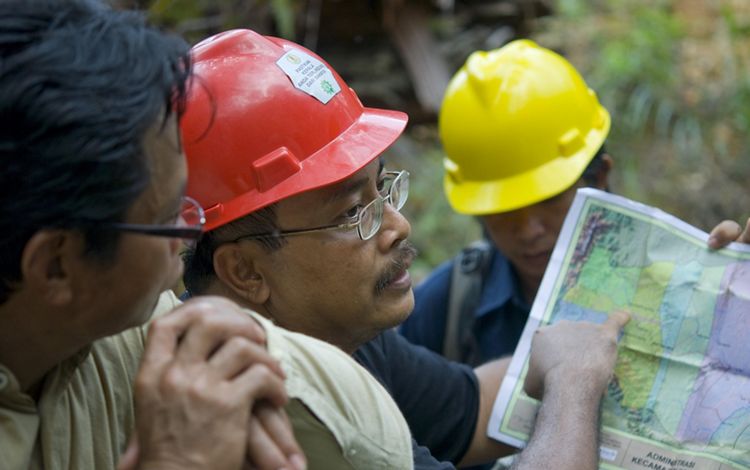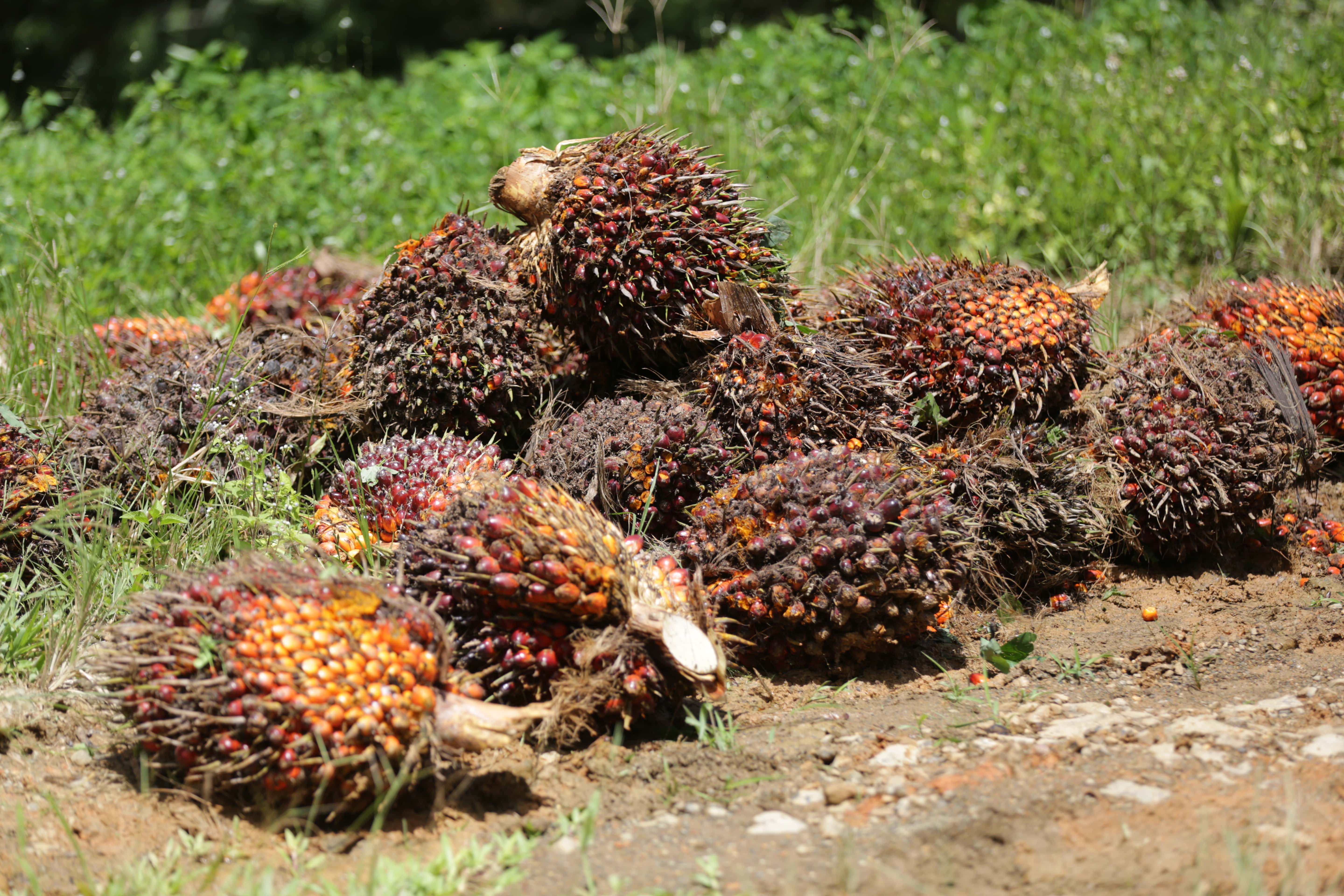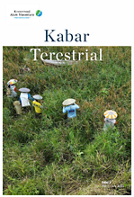Terrestrial Program

Yayasan Konservasi Alam Nusantara. (YKAN) believes that development and conservation can happen simultaneously. Terrestrial Program supports sustainable and low emission forestry practices based on science and encourages multi-party collaboration between government, corporations, and the public in the form of aligned partnership. These efforts are manifested in four strategies:
-
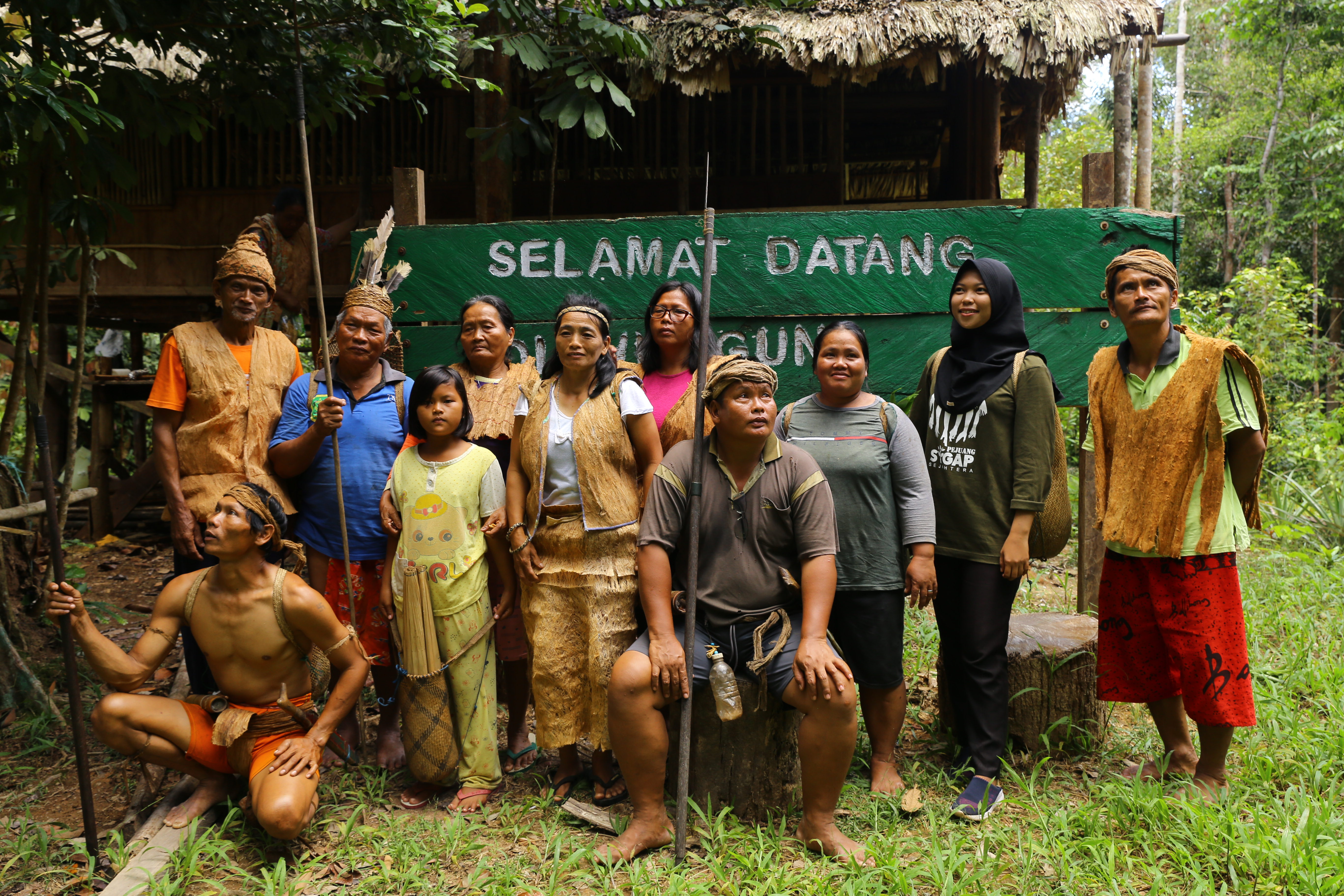
Community-Led Conservation
YKAN supports community empowerment through SIGAP approach by facilitating rights for access and management to manage natural resources, develop sustainable livelihood, and strengthen village governance More info
-

Sustainable Forestry
YKAN supports sustainable production forest management (Pengelolaan Hutan Produksi Lestari or PHPL) by promoting mandatory PHPL certification through providing natural production forest concession technical supports More info
-
Sustainable Palm Oil
YKAN facilitates protection of high conservation value areas (HCVA) by technical support to the Government of East Kalimantan Province and Berau Regency More info
-
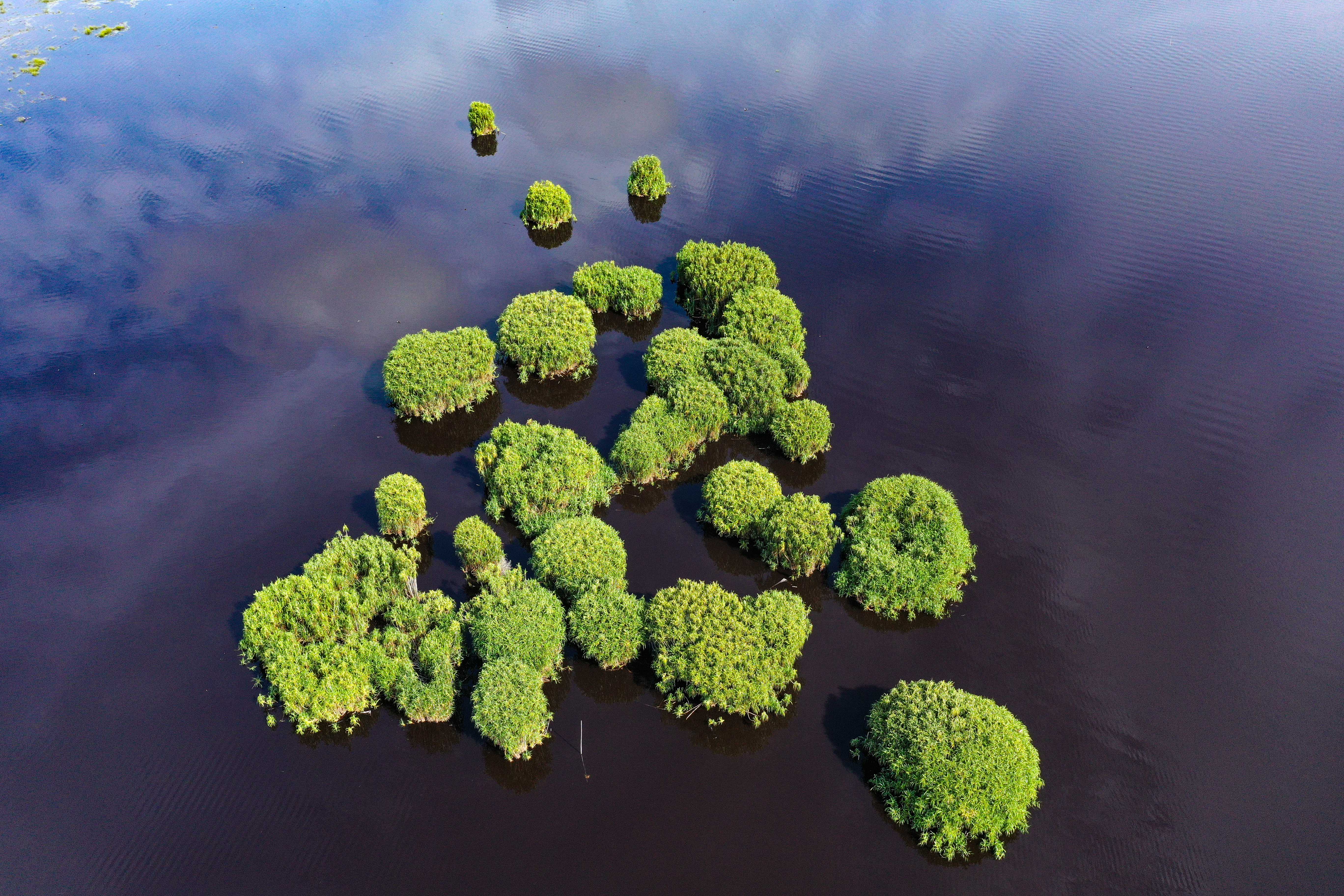
Peatland Conservation
Restoring Indonesia's peatlands is essential to reducing emissions and protecting the ecosystem. YKAN and partners conduct research and restoration in Kalimantan and Jambi to support science-based policies and community involvement in peat protection More info
Download
To view the previous report click here.


